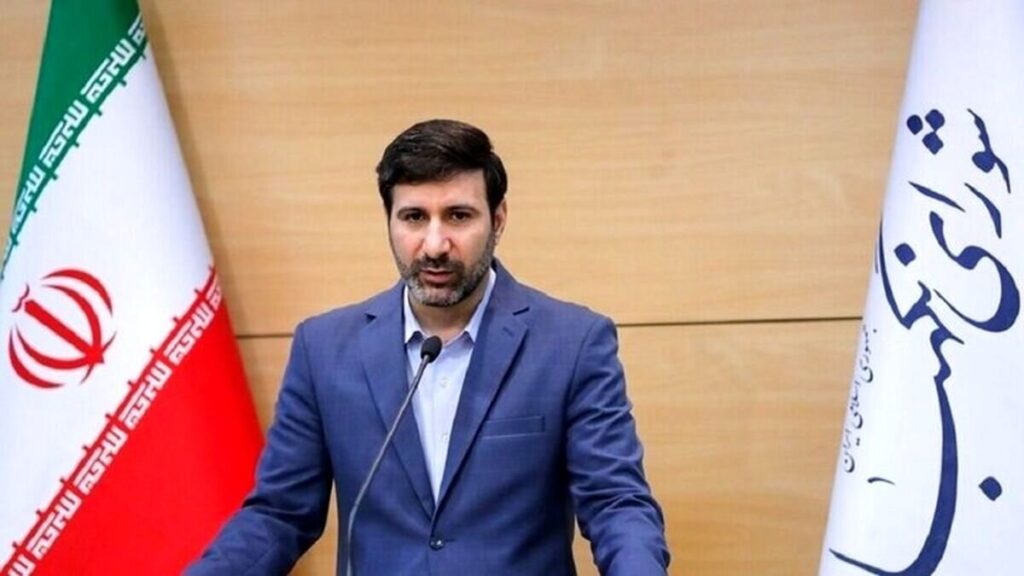Tehran – The Guardian Council has announced that it will review the Iran-Russia strategic agreement if it passes through Parliament in accordance with Articles 77 and 125 of the Constitution.
Hadi Tahan Nazif, a legal scholar and spokesman for Iran’s Guardian Council, presented a detailed explanation of the body’s recent legal examination and official status on the scope of legal and strategic issues, including international agreements, legal reforms, election participation and national development policies at a press conference on Saturday.
He announced over the past month that the Guardian Council has reviewed eight parliamentary bills, seven state-owned business laws, and four inquiries from the Administrative Court of Justice. Among the major approvals were the agreements that included a prisoner transfer agreement with Uzbekistan, amendments to the Arms Smuggling Act, arbitration with South Korea and customs cooperation with Japan. The Council has also approved the increase in the World Bank Organization’s Iranian shares and the country’s membership in the Vienna and Strasbourg classification agreements for trademarks and patents.
However, not all proposals have been cleared. The prisoner relocation agreement with Venezuela was rejected on the grounds of breach of Islamic principles, but the amendment to Article 87 of the Civil Service was rejected after bringing up objections brought by the Supreme Oversight Committee of the Council of Conveniences.
Taking on broader legal and constitutional responsibilities, Tahan Nazif reaffirmed the council’s role in considering laws for consistency with both Islamic principles and the constitution, saying that this obligation goes far beyond election issues. He added that the council will review the final legislation and address new laws or amendments in particular in line with modern technological developments and national needs.
Regarding Iran’s involvement in the CFT and Palermo treaty, Nazif revealed that the Guardian Council was opposed only to the CFT. With the assertion that Congress will advance both practices, their final assessment now falls under the Supreme Council’s Supreme Oversight Committee. The advisory presence in the Convenience Council of the Convenience Council is not formal, but its representatives have participated in relevant meetings to present a legal perspective.

